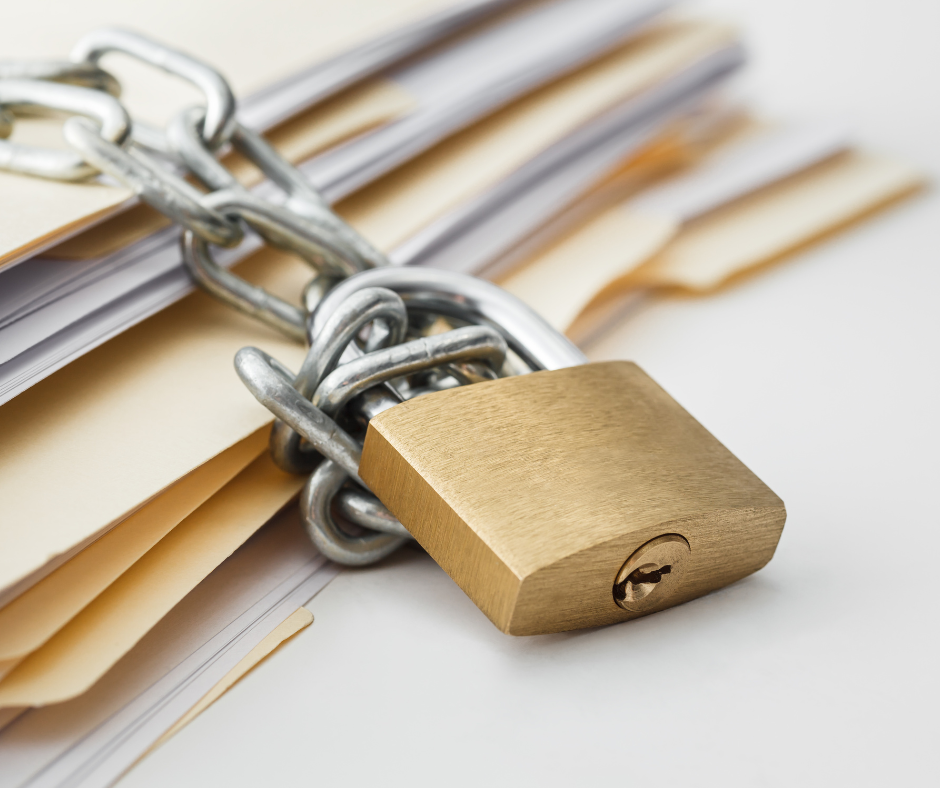Have you recently completed your estate plan with a Monticello will and trust lawyer? Congratulations! The hardest part is done. While you work to tie up any loose ends or “fund” your trust if necessary, now is also the time to give serious thought as to where you will store your original documents.
Remember, if the documents you worked so hard to create cannot be located in the event of your death or incapacity, the local probate court will assume that you did not have a will, trust, power of attorney, etc., and will proceed as such. That means control of your affairs and the distribution of your assets will happen according to Minnesota laws and perhaps be managed by someone not of your choosing.
As a Monticello will and trust lawyer, clients often ask me where they should store original documents like wills, trusts, powers of attorney, and healthcare directives to ensure this never happens. While I don’t believe there are any hard rules about the matter, let’s consider some options.
I generally recommend you choose to store your documents in your own home. Keep in mind that this could mean losing your documents to fire, flood, or other natural disaster. I suggest investing in a water and fire-proof safe for security; but once again, make sure someone knows where and how to access the safe if necessary.
The same problems apply if you decide to ask your Executor or Trustee to store your original documents in his or her home, as their residence could also be at risk of fire or flood damage. You may also want to have a “backup” person who knows where your Executor or Trustee is storing your documents in the event he or she is incapacitated or dies before you do.
Another option would be a safe deposit box, but that comes with some risks. If you don’t give someone access before you pass, and the documents that give your loved ones permission to manage your affairs are in the deposit box, your executor will be literally locked out. It’s vital that you tell at least one close loved one how to access these documents in case of emergency. You can even put the details in your revocable living trust so that your successor trustee gains immediate access. You can also add a joint owner, but they will be able to access the box as soon as they are added, so make sure it is someone you trust completely.
Sometimes law firms will have their own safe deposit boxes for storing client documents. If this is an option and you choose to take advantage of it, make sure you inform your Executor or Trustee of the attorney’s name and contact information so they can reach out if and when something happens.
No matter how you store your documents, the key takeaway is to inform your family and people you trust where the plan is located so your wishes will be fulfilled. If you have any questions about creating your estate plan or what to do with your documents, please contact our Monticello will and trust attorney at 763-244-2949 to schedule an appointment.


